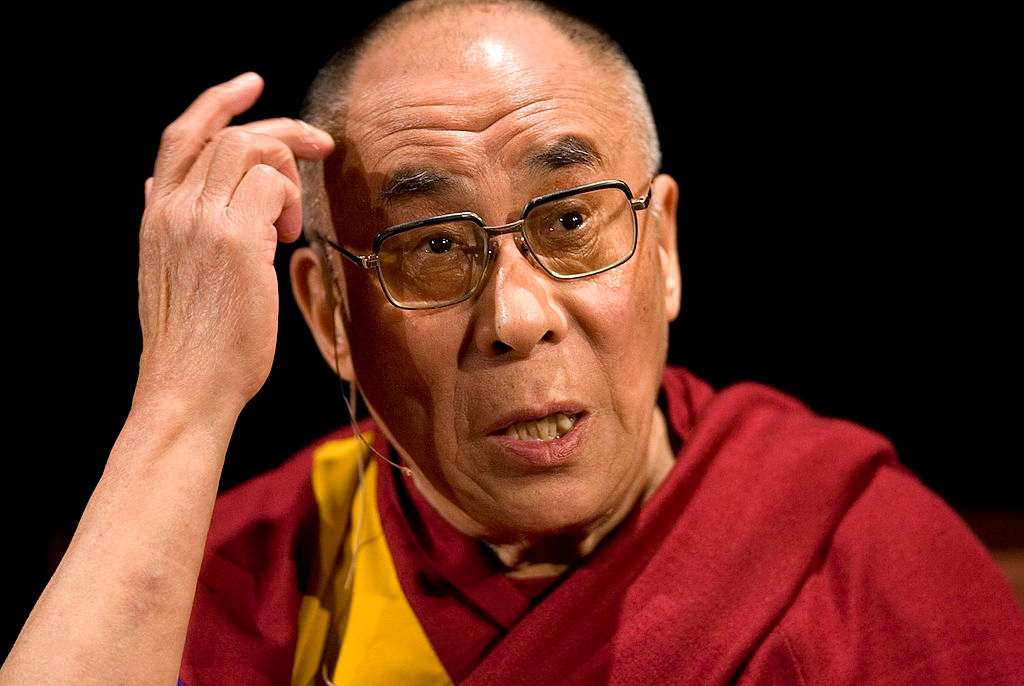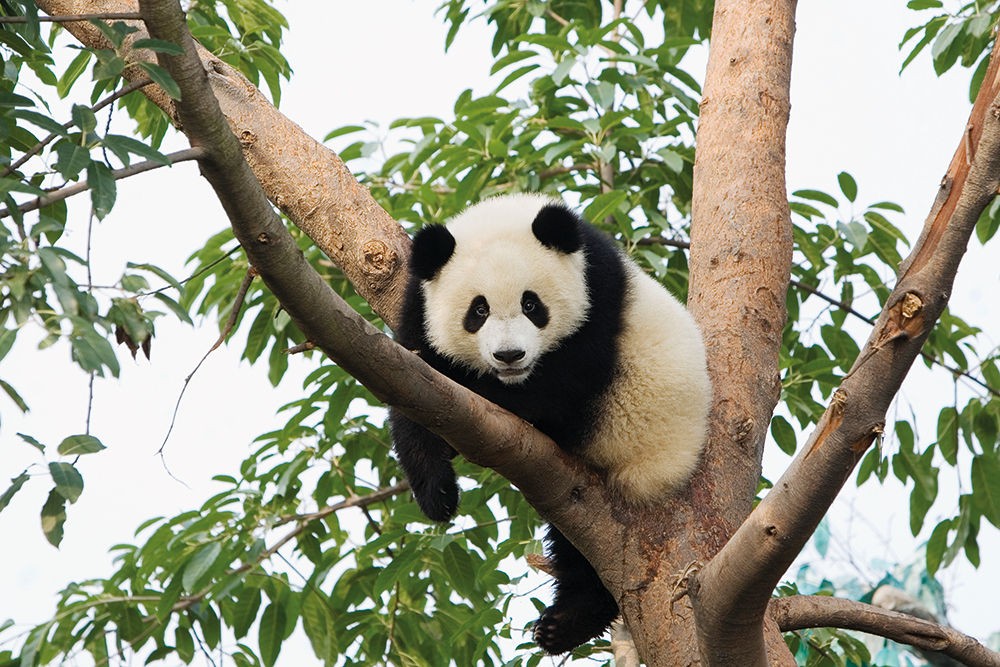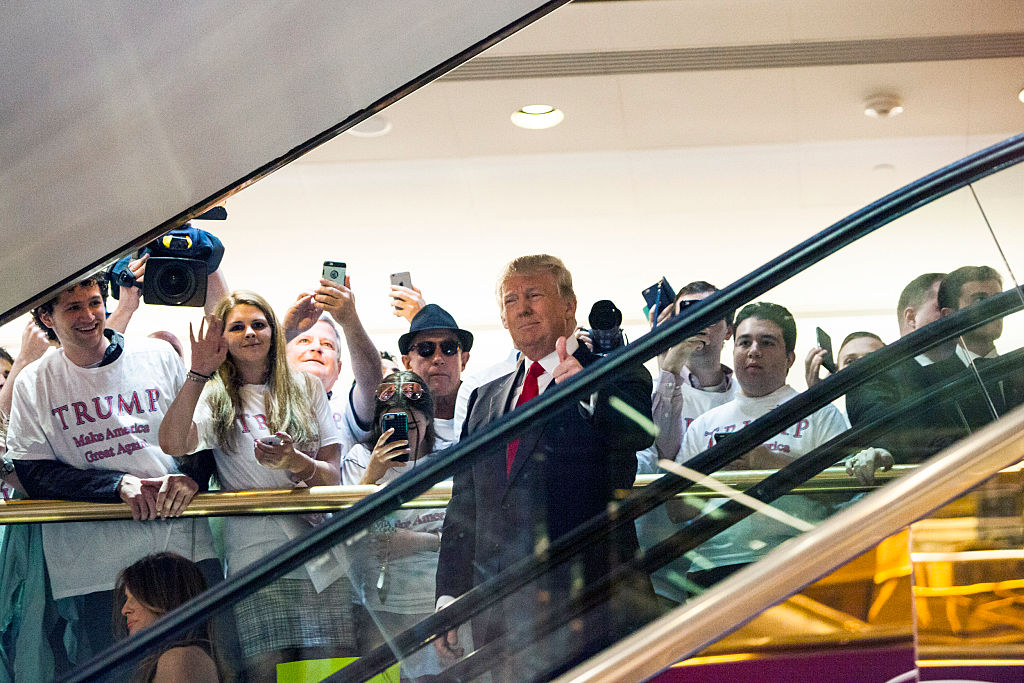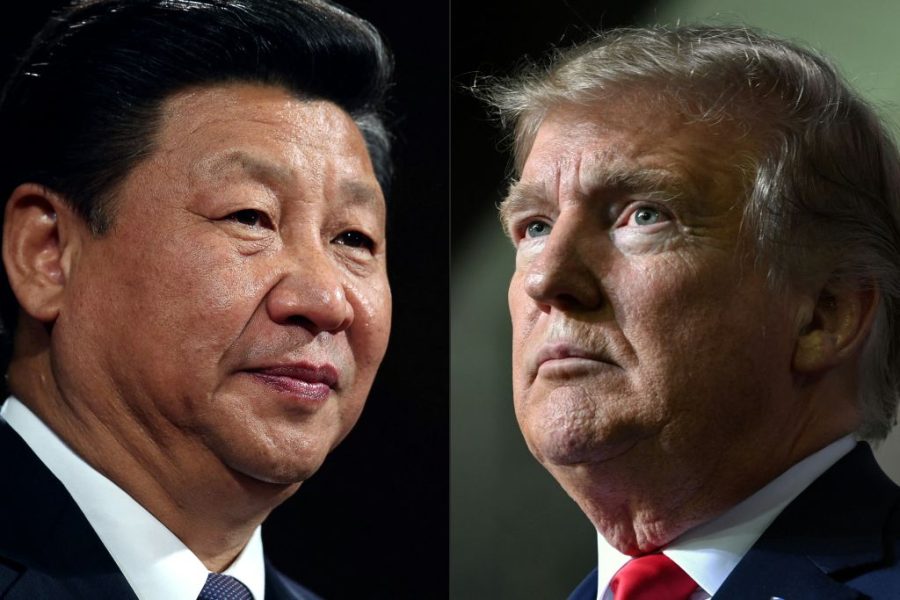Imagine for a moment that Cuba picked the next Pope. That is the scenario which Lobsang Sangay, the then-Sikyong (the Tibetan government-in-exile’s head of state), asked the world to consider several years ago in light of growing concerns that the Chinese Communist party (CCP) would seek to select the next Dalai Lama. Now such a possibility — that Beijing will attempt to impose their own man at the top of Tibetan Buddhism — seems increasingly plausible.
Last week, China’s State Council issued a white paper on Tibet to mark 70 years since the signing of the Seventeen Point Agreement, which incorporated Tibet into the People’s Republic of China. The title of the document — ‘Tibet since 1951: Liberation, development and prosperity’ — makes it all too clear this is CCP propaganda at its worst. It attempts to rewrite history by failing to acknowledge that this agreement was signed under duress. It also ignores the fact that Beijing has not upheld its promises to grant the Tibetan people autonomy, in particular the right to practice their own religion free from interference.
Over the past seven decades, the CCP has attempt to both destroy and, failing that, control Tibetan Buddhism. At the heart of this is the campaign of vilification against the Dalai Lama. Those who continue to revere His Holiness, by keeping portraits of him in their homes or celebrating his birthday, find themselves on the wrong side of the law. Monks, too, find themselves under heavy surveillance and subject to Communist party indoctrination.
But these campaigns are not enough for the CCP, which — as the white paper sets out — is clearly planning to legitimize Beijing’s role in the succession of the Dalai Lama. The paper seeks to establish a precedent that selection of Tibetan Buddhism’s top job has, since the Qing Empire, been subject to the approval of China’s central government. Leaving aside the fact that this version of history is disputed, and that the position of Dalai Lama long predates the Qing, such a claim is yet another pretext for a state-sponsored stitch up.
Last year, Zhao Lijian, who serves as China’s foreign ministry spokesperson, insisted that the issue of succession was a purely internal matter. In the same press conference, Zhao said that any reincarnation must follow Chinese laws and regulations.
He is not joking. In 2007, Beijing issued Order No.5 which introduced an application process for the reincarnation of living Buddhas. This provides the legal basis for Beijing to claim that selecting spiritual leaders should formally lie in the hands of the state. If the Chinese government pushes through this plan to install a stooge Dalai Lama, it would only further cement their control over Tibetan Buddhism (not to mention be an outrageous assault on freedom of religion).
The move is also designed to remove an influential critic of the Chinese regime from the world stage. Although the current Dalai Lama has clearly pre-empted it by telling his followers that his successor will probably be born outside of Tibet, given the fact he is living in exile in India.
What seems all too likely is that in the near future we may have a case of two competing claims to leadership of Tibetan Buddhism. The British government, alongside others in Europe, have already stated that the process of succession is a religious matter, for religious authorities, but they could go further by categorically ruling out recognition for a Dalai Lama handpicked by Beijing. They could also, as the United States has done with its Tibetan Policy and Support Act, commit to sanctioning CCP officials who interfere in the selection process. This would confer legitimacy on the successor picked by Tibetans and their spiritual leaders in exile.
Of course, while these moves are being made there is nothing to stop Boris Johnson reaching out to the current Dalai Lama and engaging in dialogue as many of his predecessors have done. Nothing that is except for the fear of Beijing’s wrath.
This article was originally published on The Spectator’s UK website.

























